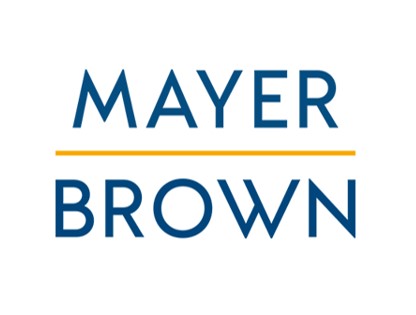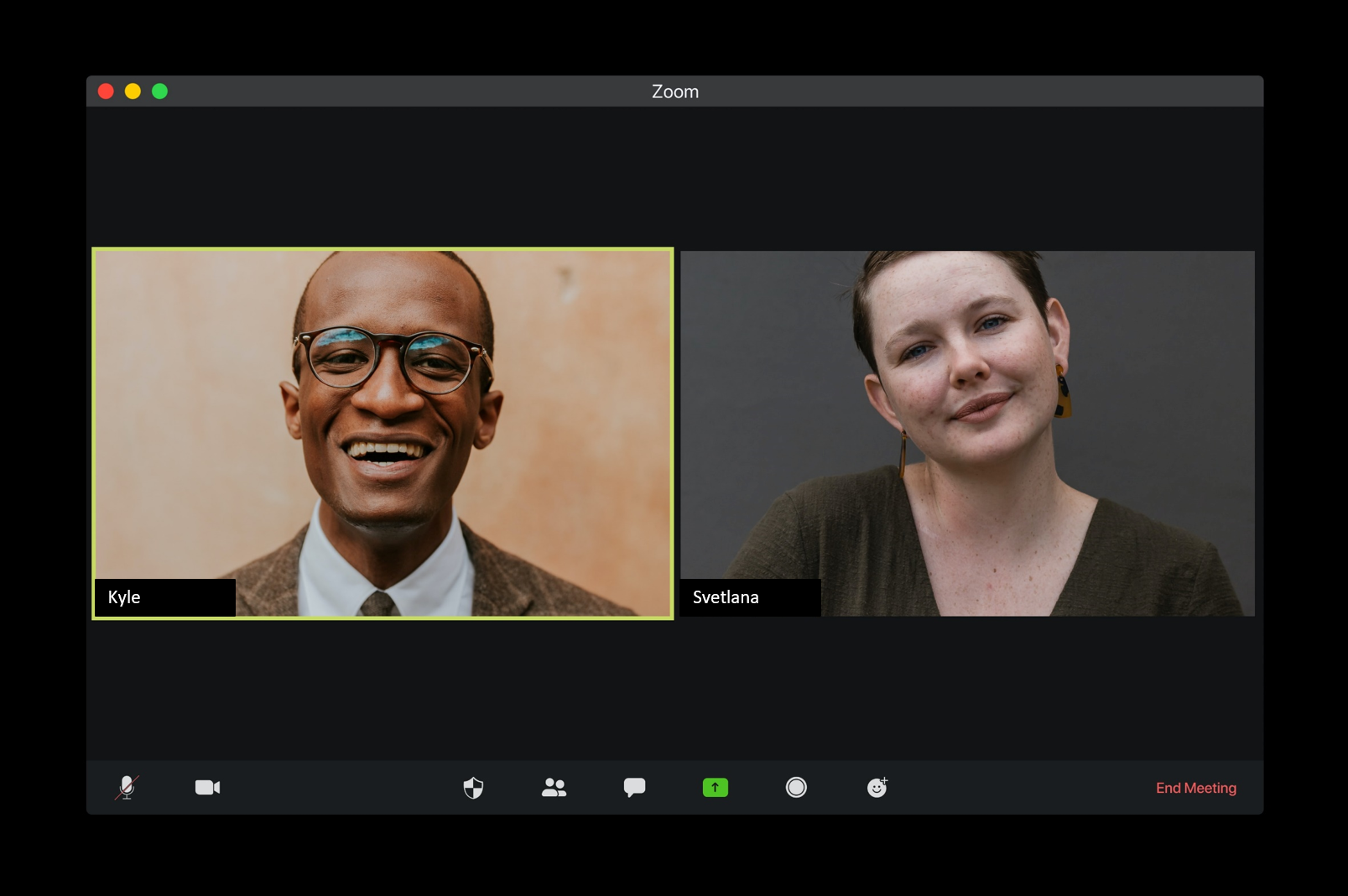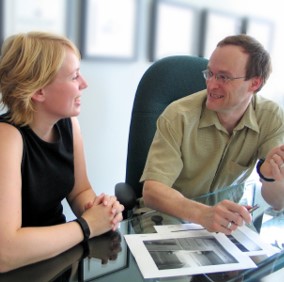
Assertiveness Training
Our assertiveness training helps you to develop your confidence, by giving you ideas on how to be assertive in the context of your work. We then go further by giving you the behavioural change tools to make the changes you want to make. Assertiveness is about finding the right balance in communication. This means that if we are too forceful we can be seen as aggressive. But if we are too gentle we can be perceived as submissive.
To be assertive we need to be have a balanced approach. We need to put our point of view across, whilst showing that we appreciate the other person’s point of view. Our training gives you the tools and behavioural change strategies to become more confident in your communication and therefore more assertive.
Reviews
Assertiveness forms part of our communication skills training courses. To see how this has worked for other clients see below and take a look at more reviews of our training here.
Professional Business Communication Training
The session provided genuinely helpful tips on how to engage with different personality types and offered a deeper understanding of effective communication in a corporate environment. I walked away with some excellent tools and practical pointers to put into practice. The mix of real-life examples and scenario-based exercises really made us reflect on our own communication styles. It was the most engaging and helpful training session I’ve attended. Very engaging and informative, no reading off slides, and the time flew by.
I highly recommend this course to anyone looking to improve their client communication skills.
A truly inclusive, insightful, and empowering training
I recently attended the Working Effectively at Clifford Chance training session and found it to be an incredibly valuable and uplifting experience. One of the standout aspects was the smaller group size, which created a more inclusive environment. Everyone had the opportunity to feel seen, heard, and genuinely included in the discussions.
The session encouraged open dialogue, and participants were free to express their views and share personal experiences without hesitation. This openness was largely thanks to Martin, who facilitated the session with warmth, empathy, and professionalism. Martin fostered a safe and supportive space where people felt comfortable being honest and reflective, which made the session not only informative but also deeply engaging.
Overall, the training was a brilliant example of how thoughtful facilitation and a well-structured format can empower individuals to connect, learn, and grow together. Highly recommended!
Five-star training!
I attended Martin’s session on working effectively in the workplace and you can tell he genuinely cares about the people he is training- he was very interactive throughout, delivered super helpful takeaways (especially relevant in professional settings) and also extended candid advice on how to keep up with an incredibly fast-paced and often times challenging career environment. I highly, highly recommend Martin’s sessions if you have the opportunity to attend them, I am confident you will leave the room with more wisdom.
Bespoke Soft Skills Training for Shipboard Leadership
The Bespoke Soft Skills Training for Shipboard Leadership was very well received. Participants found the sessions engaging, practical, and highly beneficial, with appreciation expressed for the instructor’s time, travel, and expertise.
The interactive discussions and exercises were effective in applying leadership and communication concepts to real shipboard situations. Several attendees noted they could use the material to address challenges with difficult crew members.
Overall, this training was viewed as excellent, relevant, and valuable in enhancing leadership effectiveness and promoting stronger communication across the fleet.
Presenting with Impact Virtually
I recently attended the “Presenting with Impact Virtually” training workshop led by Martin Chapman, and it was a thoroughly engaging and practical experience. Martin’s delivery was professional yet friendly, making the virtual format feel interactive and enjoyable. The session was well-structured, with clear slides and practical examples. I highly recommend his training services for anyone looking to improve their presentation skills in a virtual setting.
Case Studies
Developing your potential through training
Our assertiveness training sessions help people in everyday workplace situations. Some people are naturally assertive, but many of us are not and this is where training can have a huge impact. Most of us have the potential to be more assertive, both generally and in specific situations. This means that with training we have the potential to improve.
Assertiveness defined
At ITD we define assertiveness as saying what you need to say. This means being able to explain that you understand the other person’s needs or perspective, whilst at the same time, putting your own point of view across. And it means doing this in a calm and measured way, because being over emotional can be seen as aggression.
Having said that, the difference between assertive and aggressive can often be blurred. This means we have to be very clear what assertiveness is and what it is not. In the training we do this by explaining and illustrating assertive, aggressive and submissive behaviours. You will get to explore these definitions and practise scenarios relevant to your real world. This results in new skills learnt and practised in preparation for implementation in the work place.
Our approach to Assertiveness Training
At ITD we take a very practical, approach to assertiveness training, which means the sessions are run as workshops rather courses. As a result you are working on practical ideas that apply to everyday situations.
Analyse the situation
Our approach is to help people understand the underlying situation, to find out where they feel an assertive response would be more appropriate. Our assertiveness training workshop is based on typical scenarios from our experience, as well as the situations the participants bring into the training room. This style is a blend of training and coaching. It means you get facilitation and instruction from our experienced trainer, making the session practical and very useful.
Explore the options
We explore what assertive, aggressive and submissive responses look like. Participants practice assertive responses so that you develop a deeper understanding of the impact of this approach. We look at how we need to tailor what we say to the situation and individuals involved, so that the communication has more chance of success.
New behaviours
At the end of the session each participant leaves with specific behavioural actions, helping to reinforce the learning. We have developed a unique behavioural change action planning tool. This is based on researched and proven behavioural change theories. It gives the participants the best chance of implementing their actions back in the workplace, therefore making the investment more worth while.

Assertivess Training Course Overview
Our assertiveness training works on changing behaviours. We cover ideas on how to be assertive, then we work out how you can be more assertive in your circumstances. We develop action plans with you that will help develop your confidence. This is achieved using behavioural change ideas and research, which means your actions will have more chance of success.
Agenda
- Introduction and personal objectives.
- Definition of assertive behaviours.
- Challenges with being assertive.
- Assertive and non assertive body language.
- Behavioural conditioning.
- Context of assertion with aggressive & submissive behaviours.
- Understanding aggressive behaviours in others.
- Assertive body language.
- Changing behaviour in small steps.
- Personal live situations.
- Assertive behaviours for each participant.
- Practice of participants situations.
- Summary of workshop.
- Personal actions.
Pre Workshop
Participants complete our short online questionnaire, which gives you ideas on the personality drivers of assertive behaviours. This means you will be prepared to think about the impact of personality on assertiveness when you enter the workshop.
Post Workshop
Each participant receives a pdf of the course workbook.
Learning Outcomes
Participants gain:
- A clear understanding of what assertiveness is and how it impacts on everyday working life.
- Specific actions for implementation immediately at work.
- A real appreciation of how assertive behaviour is not that different from their current behaviours
- Support in implementing assertive behaviour.
Participant numbers
The subject of assertiveness is ideally suited to small group numbers of around six to ten participants. But we appreciate there is always a balance between participant numbers and budgets. As long as we give people the time to open up and discuss their challenges with assertiveness, it means we can then achieve the learning objectives.
Client Feedback
“Excellent training and great trainer who held our attention for the whole time which just flew by.”
“We always get great feedback for this session which we have been running for a number of years.”
Participant Feedback
“Very useful training which gave me ideas I will use at work tomorrow!”
“I can see now I need to be less direct and more assertive, especially if I want to win people over.”
“The action planning piece was very useful in that we produced very detailed and realistic plans.”
“I feel very confident that I can be more assertive in the situations I defined. The small steps approach will work for me.”
Make an enquiry
"Assertiveness training has helped me in many ways"
Why is assertiveness and assertiveness training important?
Assertiveness is vital in any work environment both from the individual and organisational viewpoint. A person who is assertive puts their thoughts and opinions across clearly. They manage their time more effectively, because they will discuss workload when taking on new tasks. The person who is assertive does not let stressful situations build up without saying or doing something.
Assertiveness is important because it has such a big impact at work. In our training we have found the impact of developing assertiveness to be far more than just on the immediate situation. It helps with long term relationships. Our assertiveness training has also helped people in their personal lives.
Assertiveness training gets results
Assertiveness training is one way of developing the skills of being assertive. We have seen people go from being very submissive, to being assertive enough to change their life at work. At ITD our assertiveness training gives you the ideas, techniques and frameworks to develop your knowledge of how to be assertive. Our training takes this one step further and applies these ideas to your situations, which means you are very clear on what you need to do to be more assertive.
Through coaching we take this still further by developing your skills in situations relevant to you. It’s worth bearing in mind that being more assertive through assertiveness training, can help the aggressive person just as much as the submissive person.
International locations where we have delivered Assertiveness Training
We have delivered this training in a wide variety of countries from across Europe, UAE and Saudi Arabia. Also from US and Hong Kong to Australia. This means we have a broad experience of assertiveness in different countries and cultures. Which in turn means we have almost certainly met with your challenges before and can help you to develop your assertiveness.
Case Studies
Some of the roles we have helped with our Assertiveness Training
We have worked with a wide variety of roles in our assertiveness workshops. From receptionists and administrators, to secretaries and office managers. From junior lawyers to customer service roles and IT managers, as well as sales people and their managers. This shows we have a broad experience of working with many different roles and helping them to develop their assertivenes. Which in turn means we can almost certainly help you with your training needs.
What will you learn?
- Improve interpersonal relationships with colleagues, by being clearer about what you need.
- Confidence in communicating assertively, by learning and planning new behaviours.
- Improved self awareness of your existing levels of assertive / aggressive / submissive communication, by reflecting on your behaviours.
- Strategies for developing assertiveness, by planning your actions.
- Improved understanding of different people's points of view, which means using the models we introduce and applying them to your everyday situations.
- Help with specific situations in your workplace, through coaching by the training consultant.
- Get ideas on assertiveness which can be used straight away, because they are framed in your work context.
Situational assertiveness
Situational assertiveness is the idea that your level of assertiveness depends on the situation you are in, so that we adapt accordingly. In some situations we can be comfortably assertive. In other situations our assertiveness fades and we become submissive, or aggressive.
Understanding how the situation can affect our assertiveness, helps in developing more assertive behaviours. Being assertive with a colleague can be much easier than with a line manager, senior manager, or client. Using our situational tool can help to recognise where you could be more assertive.
We also use behavioural change tools to underpin your development of assertive behaviours in those situations you want to focus on.
For other specific communication training courses linked to assertiveness, click on the images
Typical challenges of participants on our Assertiveness Training
Participants are encouraged to explain their challenges in being assertive. With this information we can explore specific ideas to develop a better approach. Here are some examples from previous participants:
- “I find it very hard to say no when I’m asked to do more work, even when I don’t have the time. Which means I often work late.”
- “One of my colleagues does not pull her weight, but the manager doesn’t notice. So I want to get ideas on how to do something about it.”
- “My boss does not appreciate me, or the work that I do. So I'm actually thinking about leaving, although I don't want to”
- “The new manager takes all the credit for my work and I need to talk to him about this. Trouble is, I’m not sure how. And if I don't work this out, it's going to drive me nuts ”
- "I want to get ideas on how to communicate with very forceful colleagues. Which means I need ideas on how to be more direct"
- "I find it very nerve racking when speaking up in meetings with seniors, because I find them very intimidating."

How could our assertiveness training help you?
- Improve confidence.
- Gain ideas on how to approach different situations.
- Learn how to plan communication to be more assertive.
- Gain an understanding of the building blocks of communication.
- Learn assertive communication models.
- Practice real situations.
- Receive coaching to develop skills.
- Develop a personal action plan with coaching from the trainer.
What does our Assertiveness Training include?
The agenda can be adapted to suit the needs of your organisation, and will typically include the areas listed earlier on this page. We always define what assertiveness is and its impact in the workplace, because having a clear definition will help you identfy the gap that requires attention.
Our workshop style means we start with a discussion of your challenges with assertiveness. This means we explore how not being assertive affects your working live, work life balance and enjoyment of work.
We explain assertiveness models, ideas and behaviours, which act as a foundation to assertive behaviours. With your challenges in mind, we apply these ideas so that you can clearly see the potential impact of becoming more assertive.
You practise these skills in situations relevant to you. This means it will be easier for you to apply the new behaviours back in the workplace. The role plays include coaching from the training consultant.
By the end of the workshop you prepare a practical action planning using our behavioural change model, so that you are prepared for future challenges.

Why do organisations choose ITD for their Assertiveness Training?
- 1. We will design the training to suit your needs at no extra cost, so that you get the training you really need rather than standard off the shelf content.
- 2. Our training is focused on outputs, which means putting ideas into action.
- 3. The ideas we introduce are all very practical, based on our more than twenty years of experience. This means we know that these ideas work in most situations.
- 4. Our flexible approach to fees means we can design training to fit your budget, so that you get the training you need at the right cost for you.
- 5. Our unique approach to behavioural change ensures the training will help your people to be more assertive, because we help you frame your actions in the best possible way.
- 6. We follow up the training by email to answer any questions you might have.
For a proposal with costs, complete the form below














